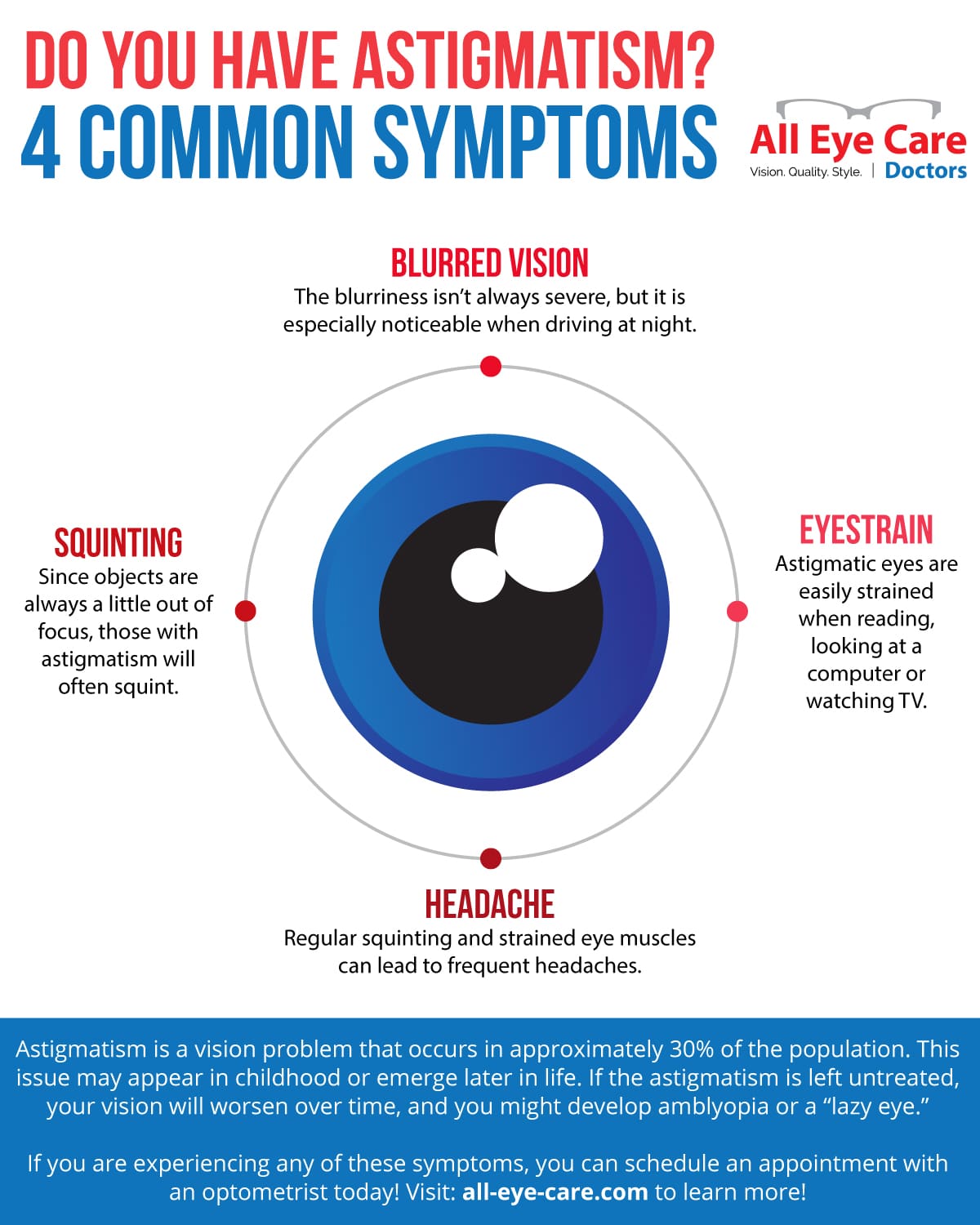Is SMILE Eye Surgical Treatment Perfect For You? Trick Insights And Considerations To Review
Is SMILE Eye Surgical Treatment Perfect For You? Trick Insights And Considerations To Review
Blog Article
Web Content Writer-Craven Patel
If you're considering SMILE eye surgical treatment, ponder this: are you prepared to accept potential visual liberty, or does the thought of any threats make you think twice? Your choice will rest on a careful equilibrium of considering the advantages versus the unpredictabilities. It's essential to dive much deeper into the nuances of SMILE surgical treatment to make an enlightened selection that lines up with your aesthetic objectives.
Understanding SMILE Eye Surgical Treatment
When thinking about SMILE Eye Surgical treatment, it is necessary to recognize the procedure and its advantages. SMILE, which represents Little Incision Lenticule Removal, is a minimally invasive laser eye surgical procedure that remedies usual vision issues like myopia (nearsightedness).
During the treatment, your eye doctor will certainly use a femtosecond laser to develop a small cut in your cornea. With this cut, a small disc of tissue called a lenticule is eliminated, improving the cornea and fixing your vision.
Among the key advantages of SMILE Eye Surgical procedure is its quick recuperation time. Several clients experience enhanced vision within a day or 2 after the treatment, with very little pain.
Additionally, SMILE is recognized for its high success price in giving lasting vision improvement. Unlike LASIK, SMILE does not call for the production of a flap in the cornea, decreasing the risk of complications and allowing for an extra stable corneal framework post-surgery.
Understanding the procedure and its advantages is important when considering SMILE Eye Surgical procedure for vision modification.
Benefits and drawbacks of SMILE
Considering SMILE Eye Surgery for vision adjustment features different advantages and prospective downsides.
Among https://www.marketwatch.com/story/does-medicare-cover-cataract-surgery-01608297518 of SMILE is its minimally invasive nature, as it entails a tiny incision and generally results in fast healing times. The procedure is likewise recognized for triggering marginal discomfort and completely dry eye signs post-surgery compared to other vision modification methods. In addition, SMILE has been shown to give superb aesthetic end results, with numerous clients accomplishing 20/20 vision or much better.
On the other hand, a potential con of SMILE is that it might not appropriate for people with severe refractive errors, as the treatment range is somewhat restricted contrasted to LASIK. Another factor to consider is that the learning curve for doctors applying SMILE can affect the availability of skilled service providers in certain locations.
It is very important to consider these pros and cons very carefully when deciding if SMILE is the appropriate option for your vision modification demands.
Determining Qualification for SMILE
To figure out if you're qualified for SMILE eye surgical procedure, your ophthalmologist will certainly conduct a comprehensive analysis of your eye health and wellness and vision requirements. During this assessment, aspects such as the stability of your vision prescription, the thickness of your cornea, and the total health of your eyes will certainly be analyzed.
Usually, prospects for SMILE more than 22 years of ages, have a stable vision prescription for at least a year, and have healthy and balanced corneas without problems like keratoconus.
Your eye doctor will certainly likewise consider your overall eye wellness, any kind of existing eye conditions, and your lifestyle needs to figure out if SMILE is the appropriate choice for you. It's vital to communicate any type of certain visual needs or concerns you may have throughout this assessment to make sure that the therapy aligns with your expectations.
If you aren't eligible for SMILE, your optometrist may advise alternative vision correction choices that much better fit your individual demands and eye health and wellness condition.
https://vision-after-lasik53209.tokka-blog.com/29464507/cataract-specialists-and-eye-doctors-clarifying-the-distinctions , choosing whether SMILE eye surgical treatment is right for you needs cautious consideration of your private eye health and wellness and visual needs. Seek advice from your ophthalmologist to identify your qualification for the treatment and evaluate the possible benefits and downsides. Keep in mind to communicate any concerns or questions you may have during the evaluation procedure to make an informed decision regarding your vision improvement alternatives.
